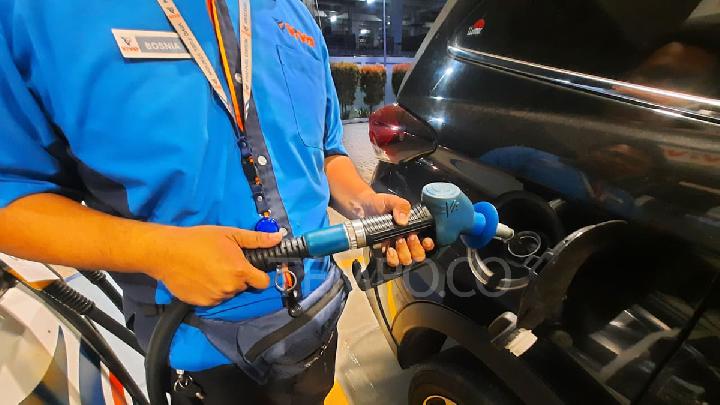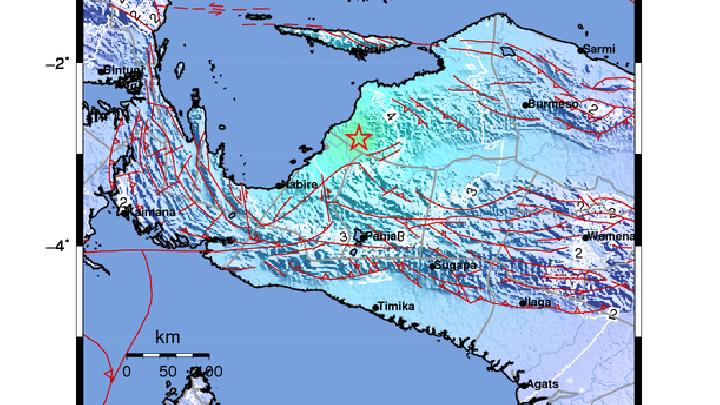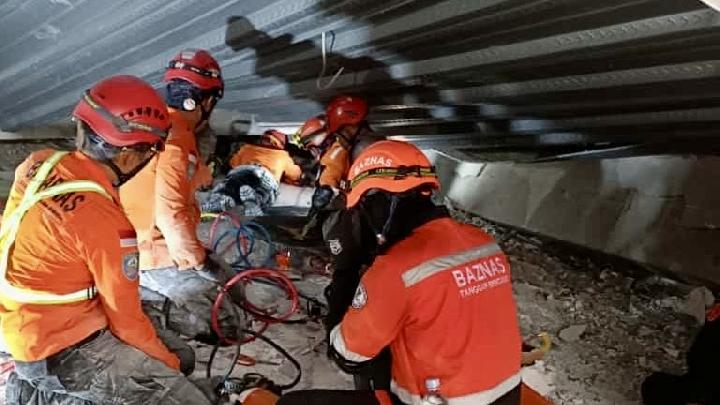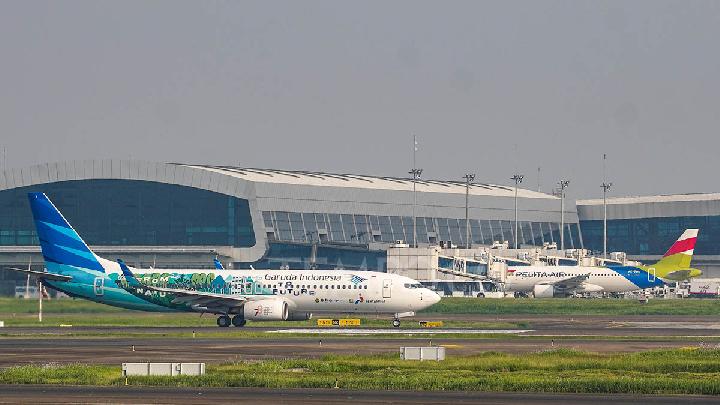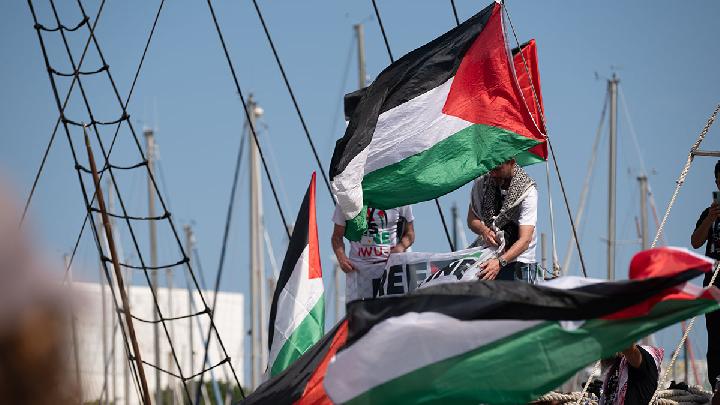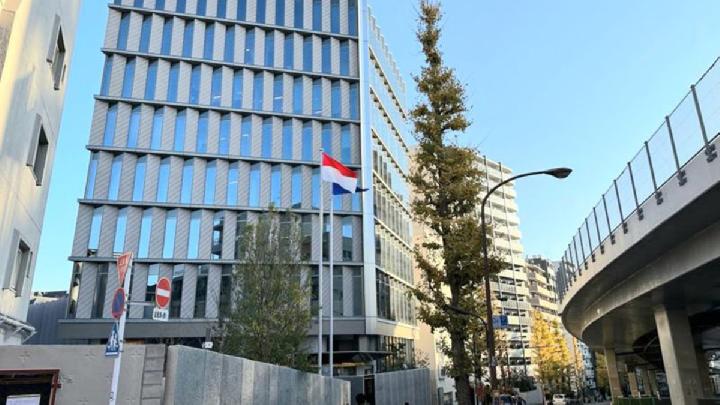TEMPO.CO, Jakarta - Israel has intensified its attacks against Iran. The Israel-Iran conflict has materialized into a wave of attacks on vital cities in both countries, sparking fears of a prolonged war.
It is known that Israel has targeted several of Iran's most important oil and gas facilities, the first such attacks despite decades of rivalry among Middle Eastern countries. This has raised concerns of an escalating conflict and threatens chaos in the market.
On Saturday night, June 14, 2025, as reported by Al Jazeera, Iran's Ministry of Petroleum stated that Israel had attacked the main fuel depot, while another oil refinery in the capital city of Tehran also caught fire as emergency crews rushed to extinguish the blaze at a separate location. In addition, Iran has also partially halted production at the world's largest gas field, South Pars, jointly owned with Qatar, after Israel's attack caused a fire there.
Israel's unprecedented and sudden airstrikes on Iran's energy facilities have disrupted oil supplies from the Middle East, which could shake global fuel prices, even as both countries threaten more intense attacks against each other.
According to Al Jazeera, the price of Brent crude oil on Friday, June 13, 2025, at 4 p.m. in New York, considered the international standard, was 5 percent higher than the previous market close. Oil futures prices skyrocketed by over 13 percent at one point, reaching the highest level since January.
Commercial shipments passing through the Strait of Hormuz have become wary as Iran had previously threatened to close this vital trade route in response to Western pressure. The proposal in such action has already sent shockwaves through the global market. Closing the Strait of Hormuz, a strategic trade route between the Arabian Gulf and the Gulf of Oman, through which approximately 20 percent of the world's oil production passes, may drive oil prices even higher.
Iran has the world's second-largest natural gas reserves and the third-largest crude oil reserves, according to the U.S. Energy Information Administration (EIA), and its energy infrastructure has long been a potential target of Israel's. Prior to the worsening of their conflict, Israel largely avoided targeting Iran's energy facilities amid pressure from its allies, including the U.S., due to the risk it posed to global oil and gas prices.
However, on Friday, Israeli Defense Minister Israel Katz warned that if Iran retaliated, "Tehran will burn." On Saturday night, large fires broke out at two locations in Tehran: the Shahran fuel and gas depot in the northwest and one of Iran's largest oil refineries in Shahr Rey, south of the city.
Meanwhile, the Iran Student News Agency reported that Al Jazeera denied that the Shahr Rey oil refinery had been attacked by Israel and claimed that the refinery was still operational. Meanwhile, the fuel tanks outside the refinery were on fire, with no explanation for the cause of the blaze.
Israel's airstrikes also targeted the South Pars field off the coast of the Bushehr province in southern Iran, which shares the field with its neighbor Qatar. The world's largest gas field is a source of two-thirds of Iran's gas production, which is consumed domestically. Iran shares the South Pars field with its neighbor Qatar, known as the North Field.
These attacks have caused significant damage and fires in the gas processing facilities of Phase 14 and halted offshore production platforms that produce 12 million cubic meters per day. In a separate Israeli attack, fires were reported at the Fajr Jam gas plant, one of Iran's largest processing facilities in the Bushehr province, processing fuel from South Pars. Iran's Ministry of Petroleum confirmed that the facility had been targeted.
The Shahran Oil Depot is one of Tehran's largest fuel storage and distribution centers, with a storage capacity of nearly 260 million liters in 11 tanks. It is a crucial depot in the urban fuel network in Iran's capital, distributing gasoline, diesel, and aviation fuel to several terminals in northern Tehran.
The Tehran refinery, located south of Tehran in the Shahr-e Rey district, operated by the state-owned Tehran Oil Refining Company, is one of the oldest refineries with a refining capacity of nearly 225,000 barrels per day. Experts have warned that disruptions due to fire could strain fuel logistics in Iran's most densely populated and economically vital regions.
In the south, the offshore South Pars gas field in the Gulf is estimated to contain 1,260 trillion cubic feet of recoverable gas, covering almost 20 percent of the global reserves. Meanwhile, the attack on the Fajr-e Jam gas plant in the Bushehr province threatens to disrupt Iran's electricity and domestic fuel supplies, especially for the heavily strained southern and central provinces.
Alan Eyre, a leading diplomatic researcher at the Middle East Institute, revealed that Israel is seeking to urge the U.S. to participate in its attacks on Iran. "Ultimately, Israel’s best case scenario is to encourage, if not regime change, then the toppling of this regime," as reported by Al Jazeera on June 15, 2025.
Linda Lestari contributed to this article
Editor's Choice: Trump Mulls Joining Israeli Strikes on Iran's Nuclear Sites
Click here to get the latest news updates from Tempo on Google News

